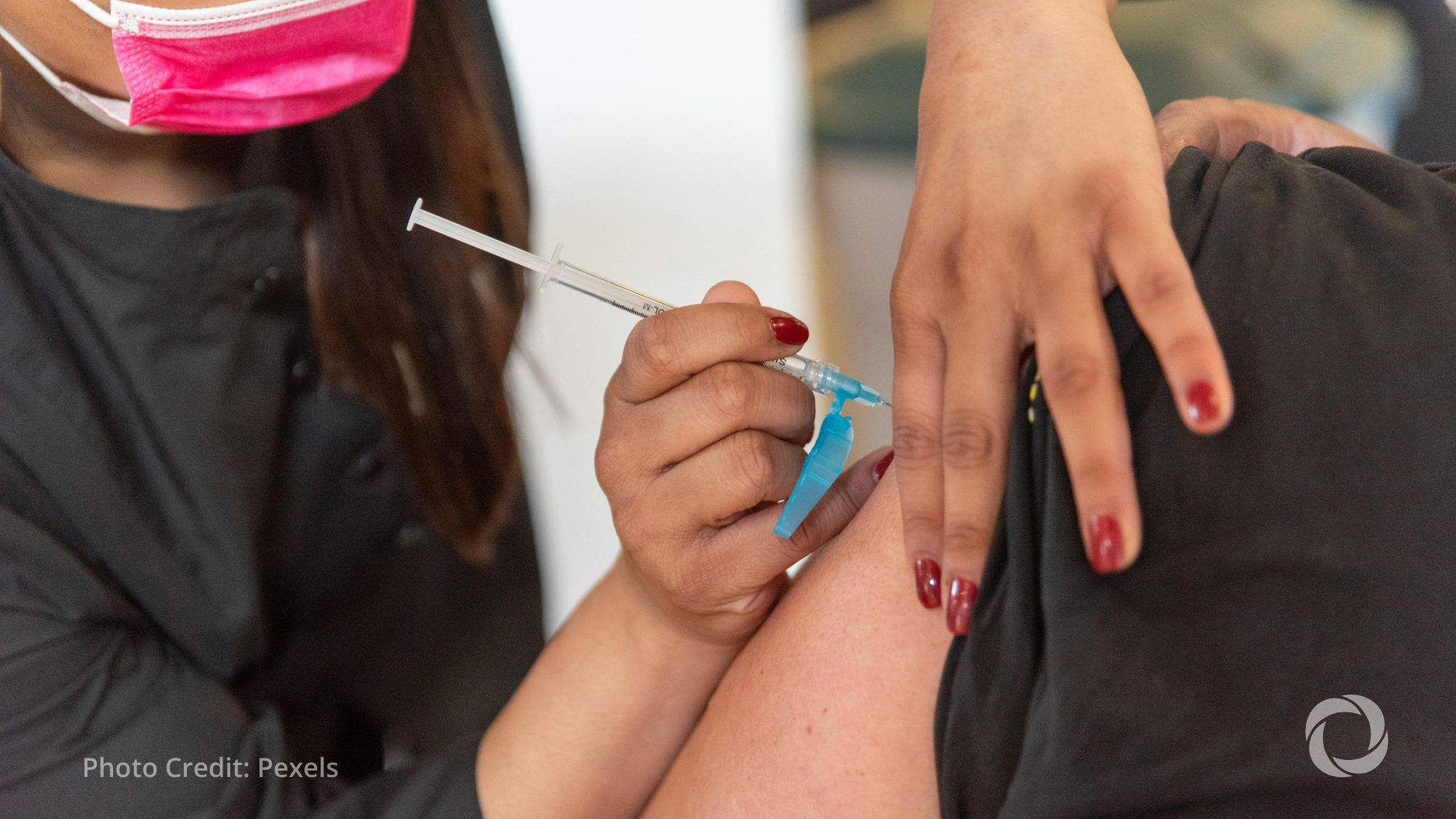A new pricing deal reached by Gavi, the Vaccine Alliance, and UNICEF will drop the cost of a key malaria vaccine, making it possible to protect nearly seven million more children by 2030, the agencies announced. The agreement will lower the price of R21/Matrix-M to $2.99 per dose within a year, freeing up funds to buy more than 30 million extra doses over the next five years.
“This step shows how our Vaccine Alliance can help bring affordable vaccines to more kids, especially in countries hit hardest by malaria,” said An Vermeersch, Gavi’s Chief Vaccine Programmes & Markets Officer.
With support from the International Finance Facility for Immunisation (IFFIm), the price cut could save countries up to $90 million, allowing budgets to stretch further in the fight against one of Africa’s deadliest diseases.
Malaria claimed about 597,000 lives in 2023, mostly among young children in Africa. That’s roughly one child lost every minute. “A death toll like this demands action,” said Leila Pakkala, director of UNICEF’s Supply Division. UNICEF and its partners are racing to ensure enough vaccines reach the children who need them, despite squeezed international funding.
The deal was made possible by advance funding from IFFIm, which lets Gavi act fast when big opportunities for market change come up, according to Board Chair Ken Lay. More than 40 million malaria vaccine doses have already been rolled out with Gavi’s help—24 African countries now include malaria shots in their regular child immunization plans.
Interest is high: 14 countries launched malaria vaccination for the first time last year, and another seven followed suit in 2025. Bringing down the price moves Gavi closer to its goal of fully vaccinating 50 million more children against malaria by decade’s end. Both malaria vaccines recommended by WHO, R21/Matrix-M and RTS,S, are proven to cut malaria cases by at least half in the first year, with extra protection after a booster.
For families and health systems already stretched thin, the price drop could be a game changer. “This is about giving every child a fair shot at protection,” Lay said. “We need to save lives now—not years from now.”

